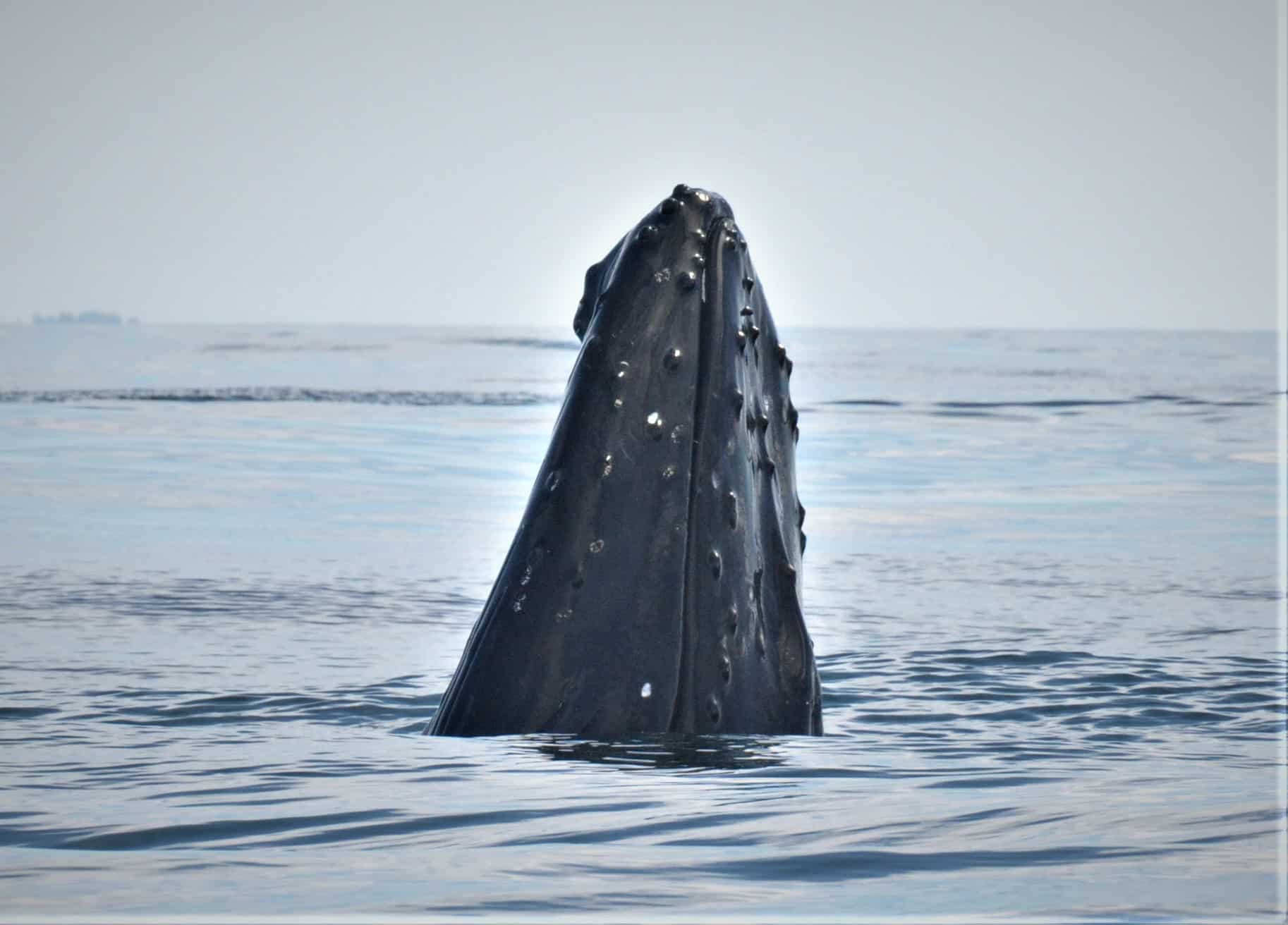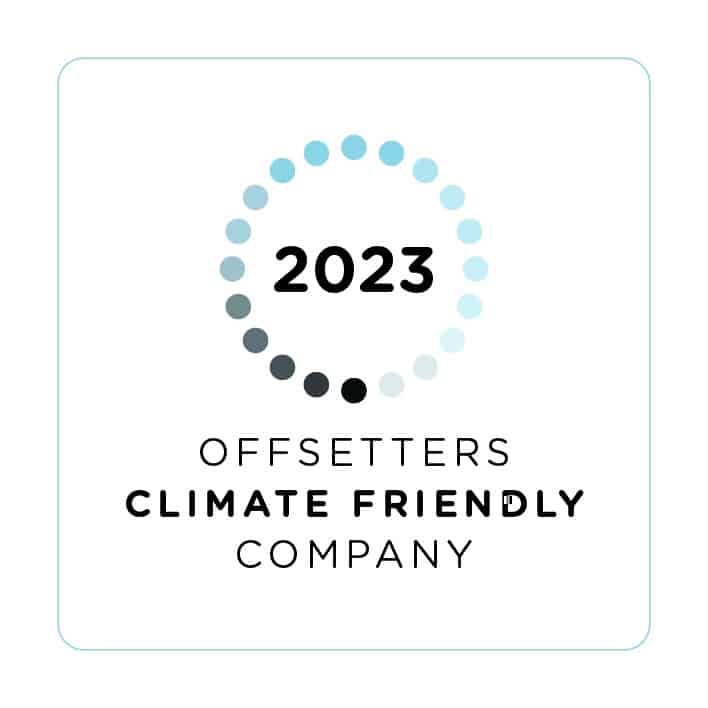Written by: Matt Burnaby, Zodiac Captain
Having access to waters that no other whale watching vessel goes to allows us the unique opportunity to gather data on wildlife through citizen science. We are the only whale watching company based in Port Renfrew, amidst the numerous sports fishing boats in the area. That said, these incredible waters are known to the scientific community for the numerous cetaceans that come here and we will sometimes see different research vessels with the whales we are viewing.
What is citizen science?
Citizen science is the practice of public participation and collaboration in scientific research to increase scientific knowledge. This kind of science is most effective when data needs to be collected over a large, possibly global scale and/or is collected in remote areas. The data we collect on whales can relate to data collected in Hawaii, California, Mexico, Alaska and Russia as these different whale species migrate annually.
One of the most successful examples of citizen science is Happywhale.com run by Ted Cheeseman out of Monterey Bay. The project takes photos collected by whale watchers, scientists and anyone else able to get pictures of whales. Each species of whale has unique markings that allows us to identify that individual within its population. Anybody who photographs a whale can submit the photos to the Happywhale.com database. When combining that picture with the date, time and location it was taken, scientists using photo recognition software can develop a profile on that animal. As sightings of an individual increases, we can learn more about its age, sex, health and perhaps even its family tree. Sarah and I will often refer to Happywhale.com as being like facebook, but for whales! When you submit IDs of whales to this database you can create a profile a receive updates on the whales that you have seen. Orca Spirit Adventures trips can be found on Happywhale.com and our guests can see which whales were identified on tour, even if they did not take the pictures themselves.
Understanding leads to conservation. Despite a long human history with whales, they continue to be one of the most difficult animals to study. Research is expensive requiring boats and experienced technicians to operate different recording apparatus. Whale watching as an industry is the #1 citizen science contributor to these research efforts and it is done purely voluntarily in our effort to support research and conservation efforts.
On tour with us we can teach you what to look for and how to contribute as a citizen scientist here or anywhere else in the world. On top of collecting IDs, we observe their seasonal movements through the area, their behavior and general health. The humpbacks in the area spend most their time feeding, which means they will arch their backs and lift their flukes high into the air before diving. Their fluke is the identifier for each individual of that species, whereas other whales can be identified by other markings on their bodies. Each year we operate in Port Renfrew we learn how to better contribute to science, understanding and the conservation of this incredibly rich wilderness area. This is an integral part of your tour experience with us, as we prioritize an educational tour with respect to wildlife.
Join us on tour in Port Renfrew, bring your camera and we can share with you our knowledge and experience. Come learn how to be part of the global practice of citizen science and how to protect these beautiful animals.









